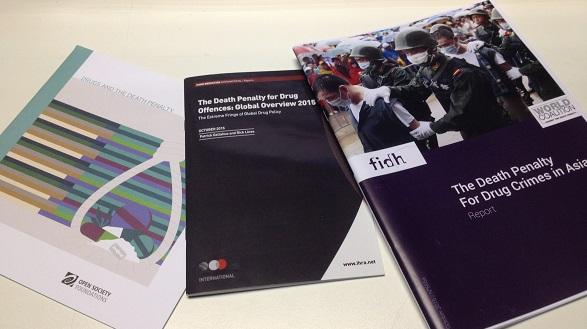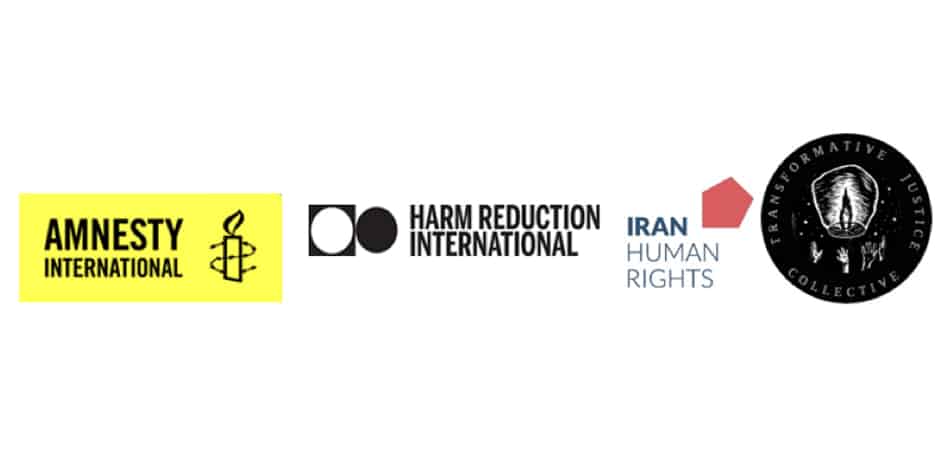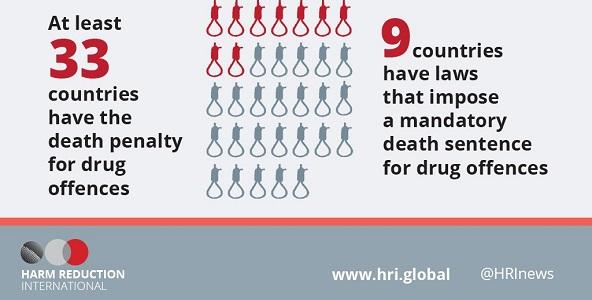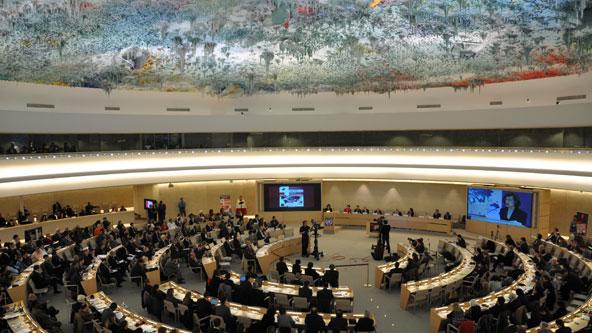
Explaining the Death Penalty for Drug Offences: the Best Reports
Advocacy
If you are looking for a global picture of the death penalty for drugs
If you seek a broad explanation of what the death penalty for drug-related crimes is, the Harm Reduction International’s report is what you may need. Patrick Gallahue and Rick Lines discuss what the capital drugs law is, which States that still envisage it, and which progresses have been made towards its abolition. They also provide statistics for retentionist States, by categorizing them in different groups. The two experts highlight how it is only a small number of States to execute a large number of people each year for drug crimes. These retentionist States represent an extreme fringe, and they are becoming more isolated.
Open Society Foundations has made available another global study on the relationship between Drugs and the Death Penalty. The report appears as a timely manual on the “ultimate sanction” for non-violent, drug-relates crimes. It shows how the death penalty for drug offences is ineffective, inhumane, and not coherent with the international movement towards less draconian sanctions on drugs. Finally, the report put forwards some interesting recommendations for the 2016 United Nations General Assembly Special Session on Drugs.
Amnesty International, in the report entitled The World Day Against the Death penalty. Not the Solution to Drug-related Crimes, demonstrates that capital punishment is an ineffective deterrent to drug-related crimes. By presenting some of the latest evolutions on the issues, Amnesty International considers that punitive policies towards drugs have little influence in reducing drug use. On the other hand, a human rights response and harm reduction programs may successfully tackle the challenges of drug abuse.
If you are looking for arguments against the death penalty for drug crimes, with a focus on Asia
Asia houses the great majority of countries that still retain the death penalty for drug-related offences. On the World Day against the Death Penalty, FIDH (Fédération international des ligues des droits de l’homme) released a report offering an insight on the illegality of the death penalty for drug offences in Asia. The Death Penalty for Drug Crimes in Asia not only demonstrates how capital punishment for drug crimes violates the international legal standards both in principle and in practice. The report also dismantles, point by point, the main common justifications for imposing the death penalty. It explains how the death penalty for drug offences is unacceptable and illegal, while providing the reader with interesting argument against the death penalty. If this was not enough, the report discusses seventeen countries’ profiles by presenting statistics and specific local narratives on the death penalty.
If you prefer a single-country focus: Indonesia, Iran and Saudi Arabia
If you are more incline towards single-country reports, you will not be disappointed. The researches published insofar focus on three countries with a very high rate of death condemnation for drug offences: Indonesia, Iran and Saudi Arabia.
Flawed Justice. Unfair Trials and the Death Penalty in Indonesia denounces all the international human rights and standards infringed by Indonesia. The report, published by Amnesty International, relies on the experience of individuals who are, or have been, on the Indonesian death row. Through the analysis of their cases emerges how Indonesia does not guarantee the right to a fair trial and the access to a lawyer of one’s choice. The fact that there are no available form of protection from torture and other forms of ill-treatment is only another flaw in a justice system that should be completely review and that should stop executing people.
Iran Human Rights offers an overview of the executions in Iran, since 2011. In doing so, it chose to use images, instead of words. Thus, the report visualizes the numbers of execution carried out in the country. There, you will find graphic representations of the percentage of executions for drug related charges, or averages of executions per day. The report is replete with dismaying data, as the fact that at least 463 persons were executed for drug-related crimes in 2015. Or that, in 2014, the Islamic Republic of Iran killed at least 14 juvenile offenders. The (in)justice system in Iran is deadly.
Repreive’s Justice Crucified: The Death Penalty in Saudi Arabia focuses on 62 cases and the UK relations with Saudi Arabia. It echoes Amnesty International’s report published in August.
Categories
Drug Offenses






